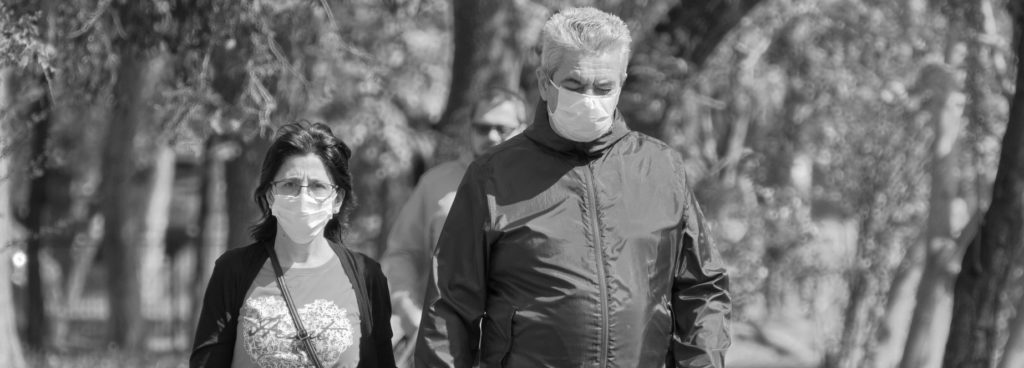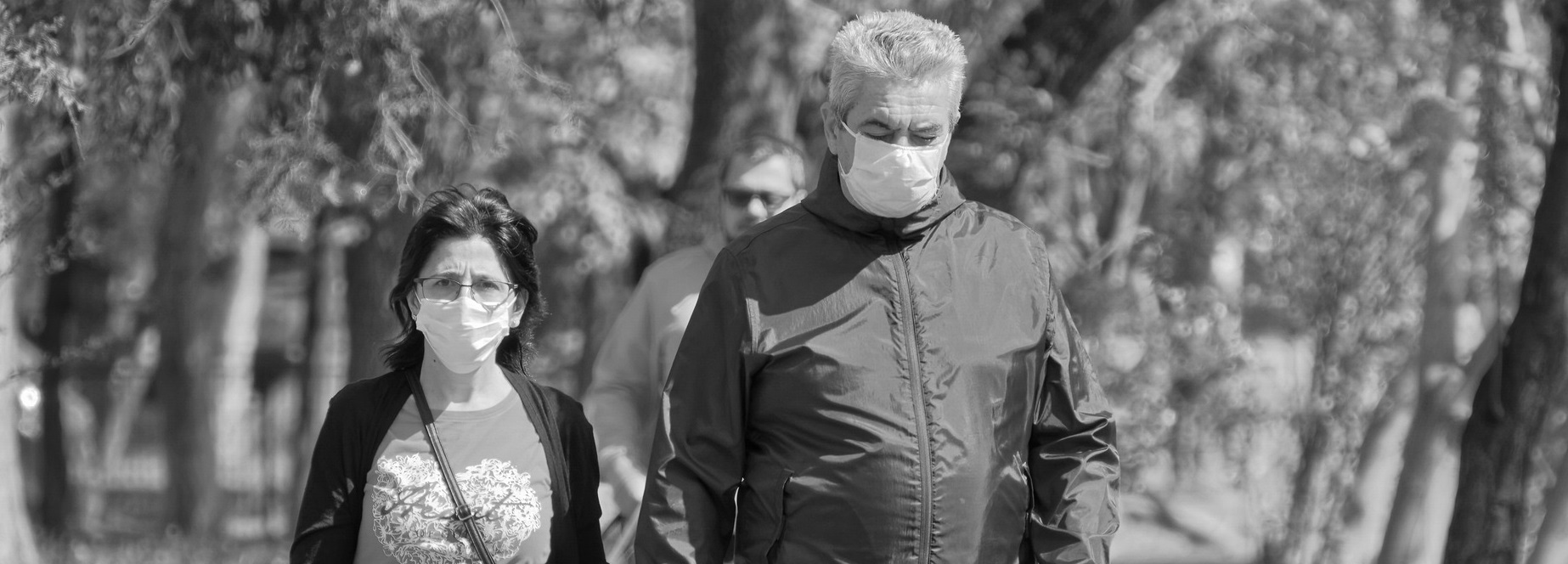
The COVID-19 pandemic has directly impacted older adults and caregivers in the United States. COVID-19 cases have surpassed 1 million, and there is at least one COVID-19 case in all 50 states. Individuals with weaker immune systems and underlying health conditions are most vulnerable to COVID-19, placing many older adults and people with disabilities at risk.
In our communities, COVID-19 is having an enormous impact on elders and caregivers, the challenges of which are exacerbated by existing health disparities and other socioeconomic factors, such as housing, poverty, lack of access to healthcare, and discrimination. It is not difficult to look in the news and see the disproportionate rates of COVID-19 infection among African Americans, Hispanics, and American Indians. Additionally, Asian Americans and Pacific Islanders have had to grapple with xenophobic attacks along with the fear of COVID-19. Without culturally competent support and resources to address these racial/ethnic inequities, health disparities, and hate crimes, our diverse communities will continue to suffer at a rate much higher than the rest of the population.
The Diverse Elders coalition has launched a new online COVID-19 hub that shares information, support, and resources by and for communities of color, LGBT communities, and American Indian/Alaska Native communities. These resources have been gathered from reliable, credible sources, including our six member organizations and other partners in the field serving diverse elders and family caregivers.
Click here to visit our new online COVID-19 resource hub.
The resources in the hub cover a variety of needs that we have heard about from our communities, such as:
- If you need trusted, in-language support to understand COVID-19 symptoms or guidance, you can check out the National Asian Pacific Center on Aging’s new telephone helpline for Asian American and Pacific Islander older adults, or visit the National Hispanic Council on Aging’s Spanish media center.
- If you are an LGBT older adult feeling isolated from your community or family, you can sign up with SAGEConnect to receive a weekly phone call from a SAGE volunteer.
- American Indian and Alaska Native communities looking to share updates or learn how to receive emergency funding for your tribe can join the National Indian Council on Aging’s weekly teleconference calls for Title VI Directors and other tribal leadership.
- If you have been a victim of a hate crime, you can find guidance and reporting tools from the Southeast Asia Resource Action Center.
We recognize that resources for our communities are regularly being developed, and we will continue to update our list to ensure that diverse elders, caregivers, and families are supported during this difficult time.
The opinions expressed in this article are those of the author and do not necessarily reflect those of the Diverse Elders Coalition.

